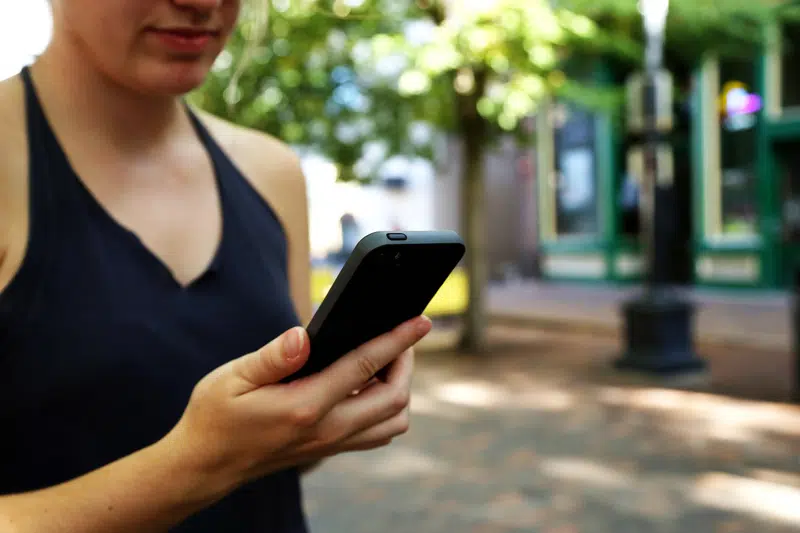
The province’s health officials are continuing to look at contact tracing apps for smartphones, but it has not yet found one that it feels meets the needs of BC.
Provincial Health Officer Dr Bonnie Henry says there have been apps promoted across the country and she has been talking about those with her colleagues across Canada.
“We’re not clear that there’s any evidence, at least in our contacts, that having something on everybody’s phone that gives them generic messages about where they may or who they might have been in contact with is what we need right now.”
Henry says everyone and their dog has some kind of app out there right now, so it’s a lot to work through. “And we have been trialing some apps to assist in that. Particularly to assist in when we identify a case and when we identify contacts, being able to connect with them and use some of the information to help find out where they have been and who they have been in contact with.”
“We’ve been looking into this a lot. We need to find the right IT support for the work that we’re doing that doesn’t create more problems than it solves” says Henry.
Although it isn’t something that is imminent in BC, it is something that people may want to pause and think about particularly around the issue of privacy.
Speaking on The Jeff Andreas Show, BC Freedom of Information and Privacy Association President Mike Larsen says typically our law in BC requires that when government bodies collect personal information to store it in BC. “It’s called a data residency provision. And it’s a very privacy protective provision because it means that if we’re collecting personal information it is not being stored in servers that are accessible to other jurisdictions with diminished privacy standards. Well there has been some relaxation of those requirements in the context of COVID-19.”
Larsen says there is more personal information being collected by governments that is being stored outside of BC to facilitate public health response.
In his point of view, Larsen believes some this is still in the realm of science fiction. “In the sense that we don’t have a good model of a process that really works perfectly that is really effective. And again it requires things like people to buy into its use, it requires people to actually have phones that can be used. There is a lot of technical issues with this to in addition to the privacy issues.”
“Seems to be that one of the vehicles that is used to push towards that normalcy is the idea of an exchange of privacy through surveillance for increased sociability. So for increased ability to go about. So we say we’ll reduce some of the restrictions around COVID, you can go out a bit more, but here’s the trade off. That’s a dangerous trade off.”













